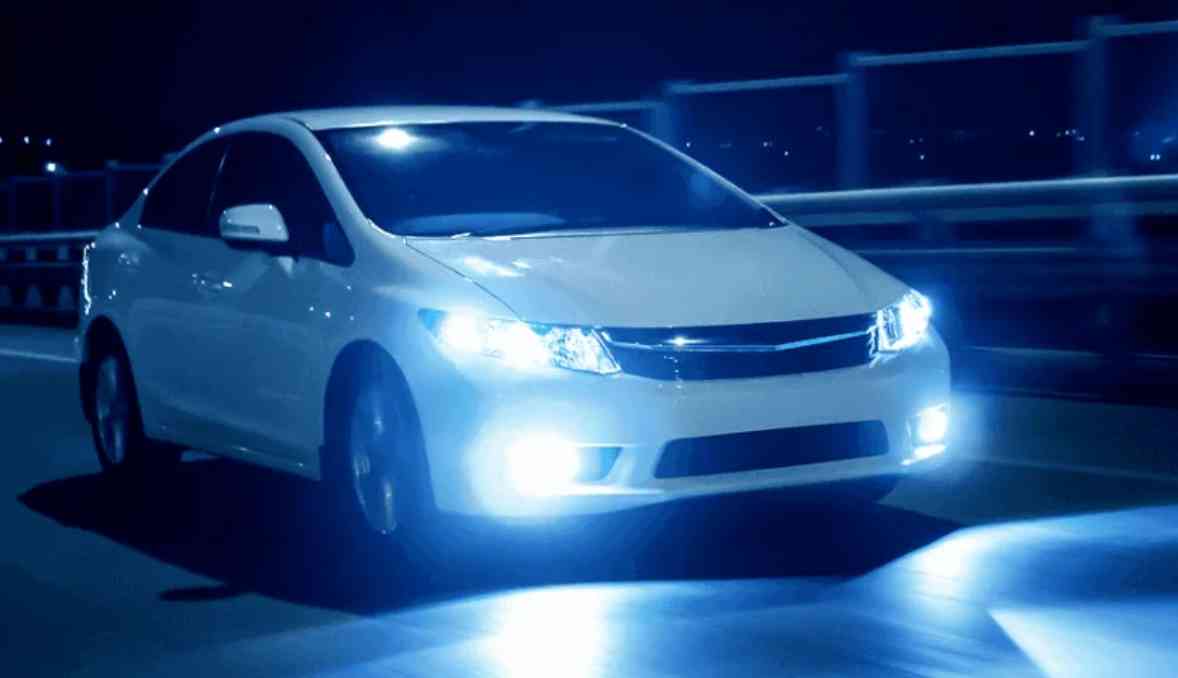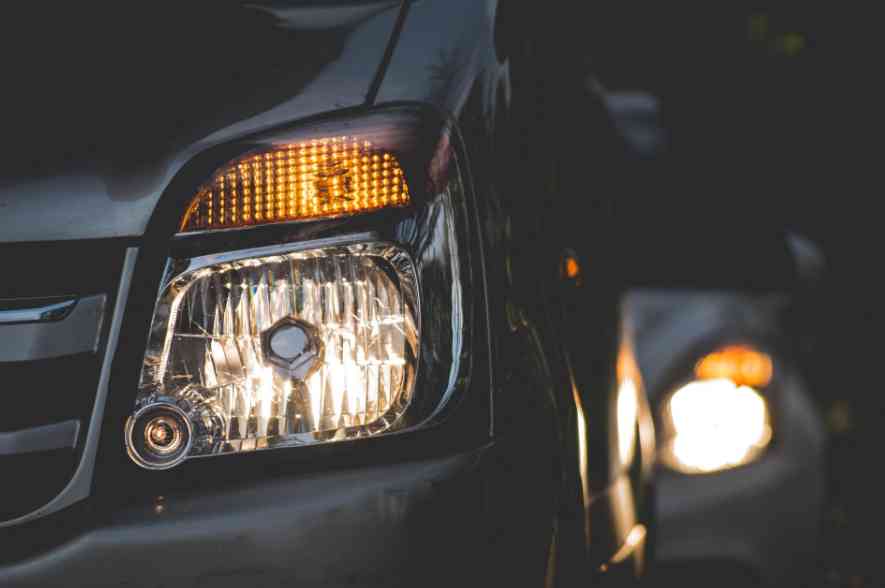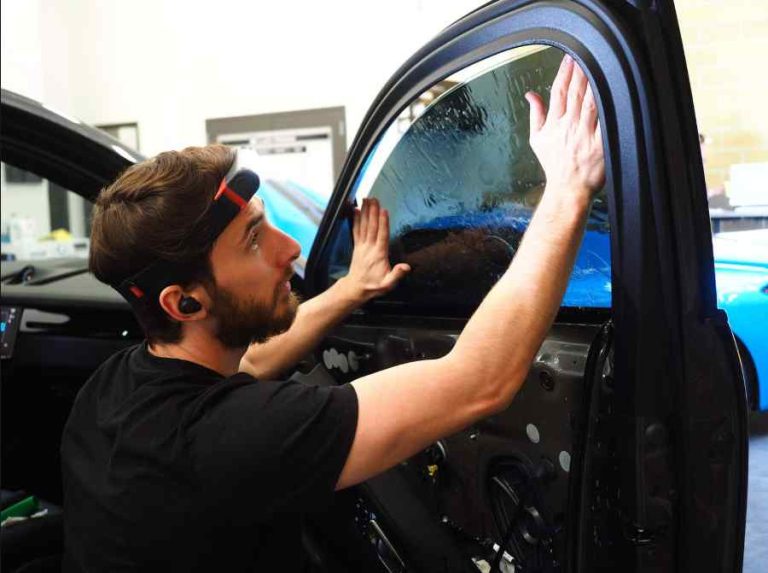What Color Lights Are Illegal on Cars in Florida?
Driving through the diverse landscapes of Florida, one can’t help but appreciate the vibrant surroundings.
However, amid the lively atmosphere, drivers need to be well-versed in the regulations governing their vehicles, particularly concerning the colors of lights.
In this comprehensive exploration, we’ll unravel the intricacies of Florida’s traffic regulations, shedding light on legal car light colors and navigating the murky waters of prohibited hues.
Understanding Florida’s Traffic Regulations

Florida’s traffic regulations form the backbone of responsible and safe driving. These rules not only ensure the smooth flow of traffic but also contribute significantly to road safety.
Every driver should be familiar with these guidelines to avoid legal complications.
Legal Car Light Colors in FL
1. White Lights
In legal car light colors, white lights take center stage, illuminating the front of your vehicle during nighttime or low-visibility conditions. This enhances your ability to see the road and ensures other drivers can spot your vehicle quickly.
2. Red Lights
The red lights adorning the rear of your vehicle serve a dual purpose. Your car is visible from behind as taillights, especially in low-light conditions. When you apply the brakes, these lights intensify, signaling to those behind you that you’re coming to a stop.
3. Amber Lights
Amber lights, typically found in front turn signals, indicate your intention to turn. This color scheme is standardized across vehicles, contributing to overall road safety.
Understanding the Purpose Behind These Colors

The specific assignment of colors to different lights isn’t arbitrary. It serves a fundamental purpose – ensuring safety on the road. White lights maximize visibility for the driver, red lights signal caution and stopping, while amber lights communicate directional changes to other motorists.
The color coordination extends beyond your vehicle’s lights to traffic signals. Understanding the significance of each color helps drivers interpret and respond appropriately, contributing to the overall efficiency of traffic flow.
What Color Lights Are Illegal on Cars in Florida?

Now, let’s delve into Florida’s forbidden spectrum of car lights.
1. Blue Lights
Blue lights on civilian vehicles are an absolute no-go in Florida. The law strictly prohibits using blue lights, with a few exceptions.
Law enforcement vehicles use blue lights to distinguish themselves and alert motorists. If you’re not in uniform, it’s advisable to steer clear of this azure hue to avoid legal repercussions. Attempting to mimic law enforcement can lead to severe consequences.
See More: Do Dispensaries Take Credit Cards in Florida?
2. Green Lights
While not as strictly regulated as blue lights, green lights on civilian vehicles are generally discouraged. However, there are exceptions for specific use cases.
Special Use Cases
In some instances, such as promotional events or specific job-related functions, green lights might be permitted.
However, obtaining the necessary permissions and adhering to guidelines is crucial to avoid legal consequences. Using green lights casually on the road can lead to confusion and potential legal issues.
Consequences of Using Illegal Car Lights

Using prohibited car light colors in Florida can lead to various consequences. The severity of these consequences varies but may include fines, points on your driving record, and even vehicle impoundment.
It’s essential to comply with these regulations not only for legal reasons but also to ensure your safety and the safety of others on the road.
Conclusion
In the kaleidoscope of Florida’s traffic regulations, understanding the permissible and prohibited car light colors is vital for every driver.
Compliance ensures legal standing and contributes to overall road safety and traffic efficiency. Stay informed, abide by the rules, and keep your journey on the Sunshine State’s colorful and legal roads.






